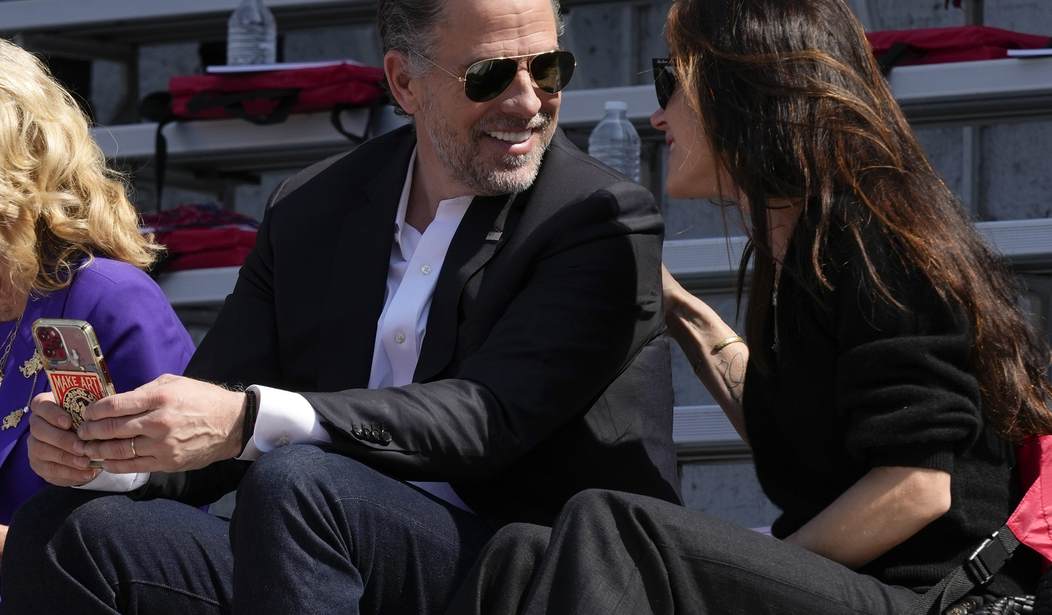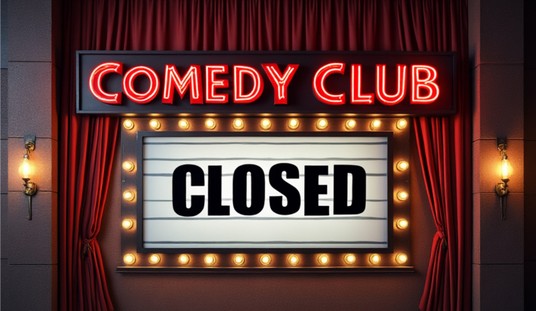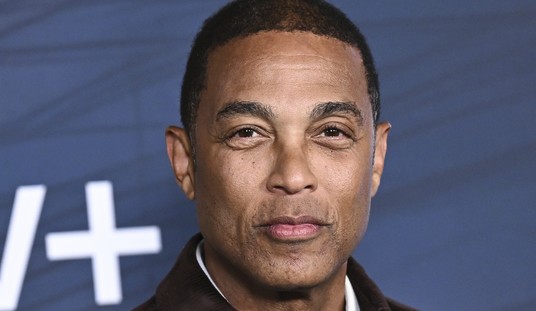Do you remember when we first heard about Hunter Biden’s newfound passion for painting?
The only thing funnier than the story was the actual art, which was, to put it nicely, not good. Despite the mediocrity of his artwork, his creative works were given a huge amount of media attention and a highly publicized art show where his ridiculous creations were anticipated to sell anywhere from $75,000 to half a million dollars.
And it’s not just me saying that the prices were grossly inflated. A Pulitzer Prize-winning art critic valued them at no more than $1,000 each. The value of the paintings, like the value of his position on the board of Burisma, had everything to do with his father. Even Barack Obama’s former ethics chief said something didn’t smell right.
Adding to the suspicious nature of the grossly overvalued art was the fact that the sales were all confidential, raising huge red flags and prompting House Oversight Committee Chairman James Comer (R-Ky.) to seek answers from Hunter’s (art) dealer, the notoriously shady Georges Berges.
“It is important that we learn who has purchased Hunter Biden’s artwork and whether the purchasers intended to benefit from President Biden’s elected office,” Comer wrote in a letter to Berges. “When the son of the sitting President of the United States is the recipient of such high-dollar sums with no accountability or oversight, it raises concerns that the buyers may be purchasing the pieces with the intent of gaining favor with the Biden family.”
While the identities of Hunter’s art buyers have been kept under lock and key, according to a report from Business Insider, it certainly looks like Hunter’s artwork was exactly what we suspected: an influence-peddling scheme.
“Hunter Biden did in fact learn the identity of two buyers, according to three people directly familiar with Hunter Biden’s own account of his art career. And one of those buyers is indeed someone who got a favor from the Biden White House. The timing of their purchase, however, is unknown,” the report explains.
That buyer, Insider can reveal, is Elizabeth Hirsh Naftali, a Los Angeles real estate investor and philanthropist. Hirsh Naftali is influential in California Democratic circles and is a significant Democratic donor who has given $13,414 to the Biden campaign and $29,700 to the Democratic National Campaign Committee this year. In 2022, she hosted a fundraiser headlined by Vice President Kamala Harris.
Insider also obtained internal documents from Hunter Biden’s gallery showing that a single buyer purchased $875,000 of his art. The documents do not indicate the buyer’s identity, which is also unknown to Insider at this time.
Eight months after Hunter Biden’s first art show, Elizabeth Hirsh Naftali was appointed by Joe Biden to serve on the Commission for the Preservation of America’s Heritage Abroad, though it is unclear whether the appointment came before or after the appointment.
The White House has long insisted that Hunter’s business ventures were separate from White House affairs and that safeguards were in place.
“Well, I can tell you that after careful consideration, a system has been established that allows for Hunter Biden to work in his profession within reasonable safeguards,” former White House Press Secretary Jen Psaki claimed in July 2021 in response to a question about Hunter Biden’s artwork. “Of course, he has the right to pursue an artistic career, just like any child of a President has the right to pursue a career. But all interactions regarding the selling of art and the setting of prices will be handled by a professional gallerist, adhering to the highest industry standards. And any offer out of the normal course would be rejected out of hand.”
White House spokesman Ian Sams still insists that everything is above board. “Hunter Biden is a private citizen who is entitled to have his own career as an artist,” Sams said in a statement. “We are not involved in his art sales, and any buyers of his art are not disclosed to the White House.”
While the timing of the purchase may make a difference as to whether there was a quid pro quo, the purchase raises questions nonetheless.
“If you really wanted to choose the most ethically appropriate course of action, that would not involve any conflict of interest, real or perceived, then you don’t buy the painting,” Bruce Weinstein, a professional ethicist and ethics trainer, told Business Insider.










